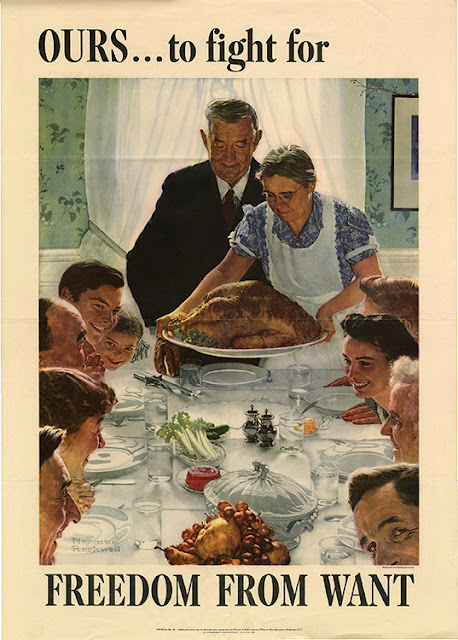Pursuant to CPLR 3211(a)(2), a party may move to dismiss a cause of action on the ground that the court lacks subject matter jurisdiction. The First Amendment forbids civil courts from interfering in or determining religious disputes, because there is a substantial danger that the state will become entangled in essentially religious controversies or intervene on behalf of groups espousing particular doctrines or beliefs. However, civil disputes involving religious parties or institutions may be adjudicated without offending the First Amendment as long as neutral principles of law are the basis for their resolution. Here, the defendants failed to demonstrate that the causes of action alleging negligence and negligent hiring, retention, and supervision insofar as asserted against them cannot be determined solely upon the application of neutral principles of law, without reference to religious principles.
On a motion to dismiss for failure to state a cause of action pursuant to CPLR 3211(a)(7), a court must accept the facts as alleged in the complaint as true, accord plaintiffs the benefit of every possible favorable inference, and determine only whether the facts as alleged fit within any cognizable legal theory. Pursuant to CPLR 3211(a)(1), dismissal is warranted only where the documentary evidence utterly refutes the plaintiff's factual allegations, conclusively establishing a defense as a matter of law.
Escobar v. Segunda Iglesia Pentecostal Juan 3:16 Asamblea de Dios, NY Slip Op 05583 (2d Dep't November 13, 2024)
Here is the decision.
